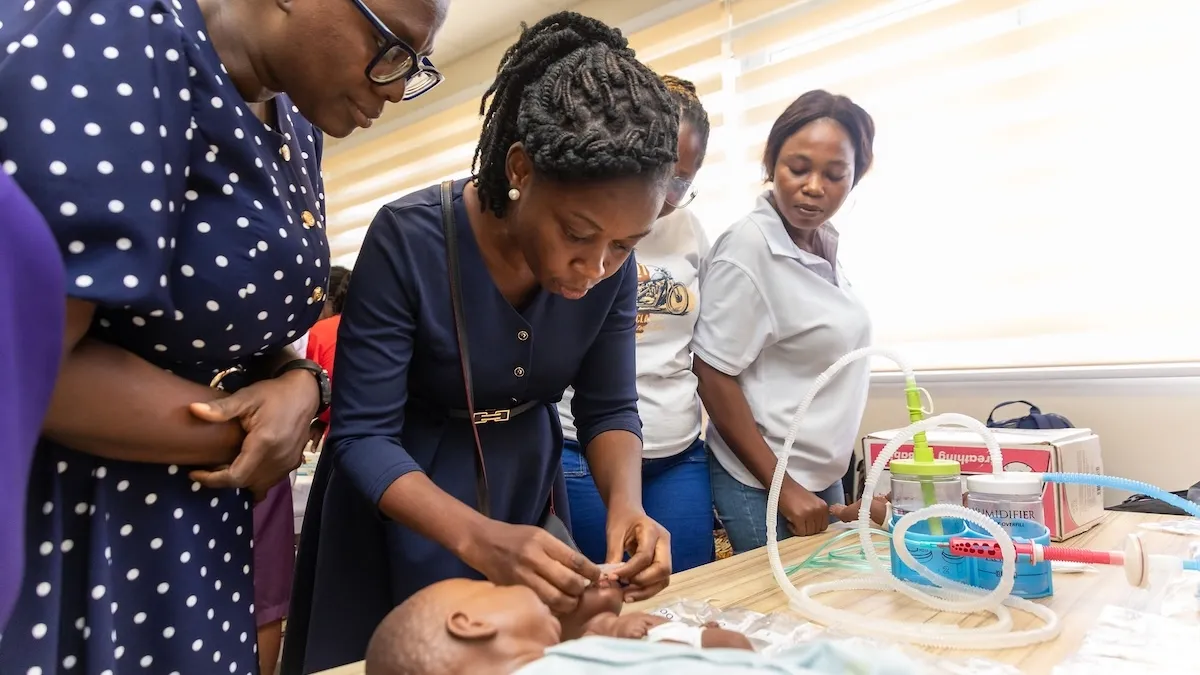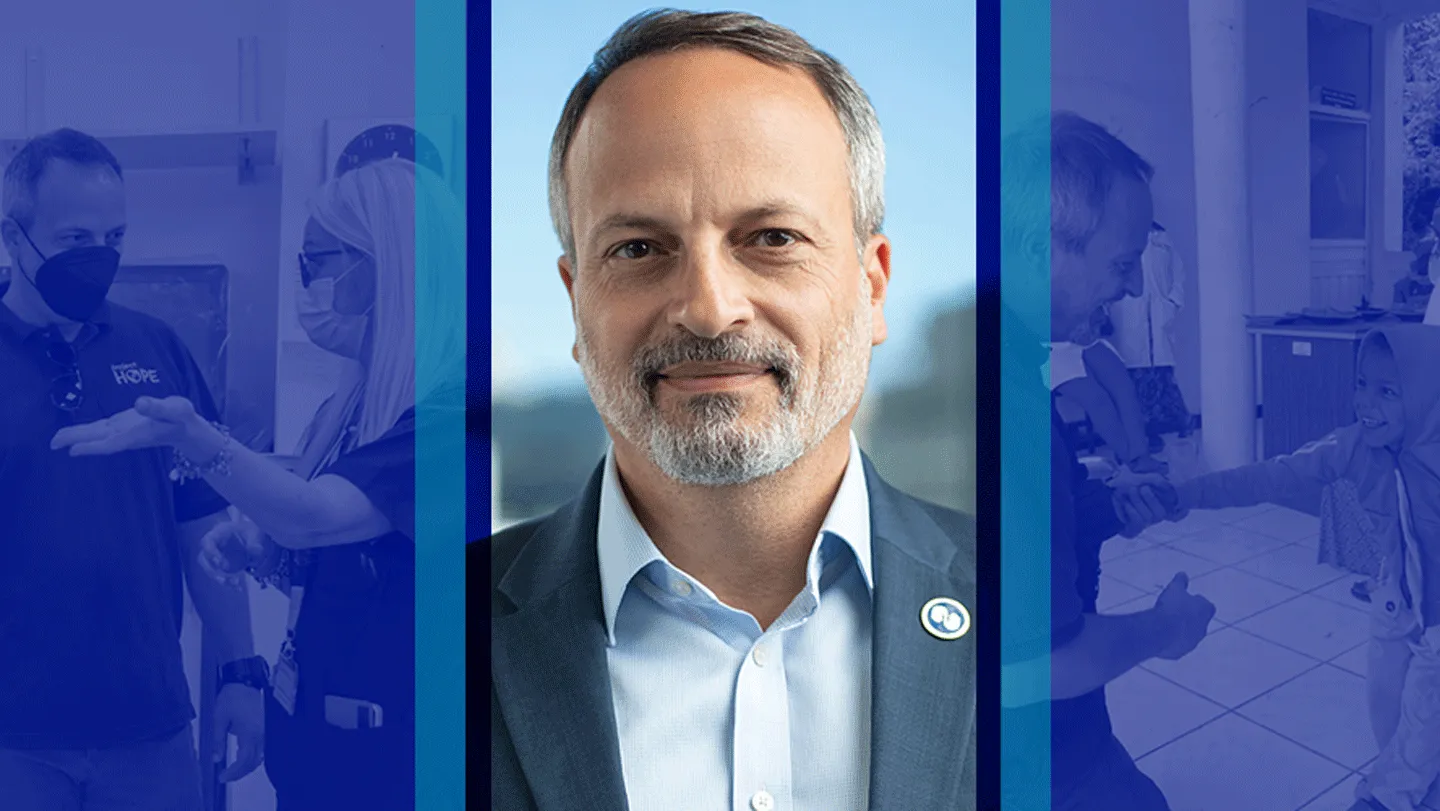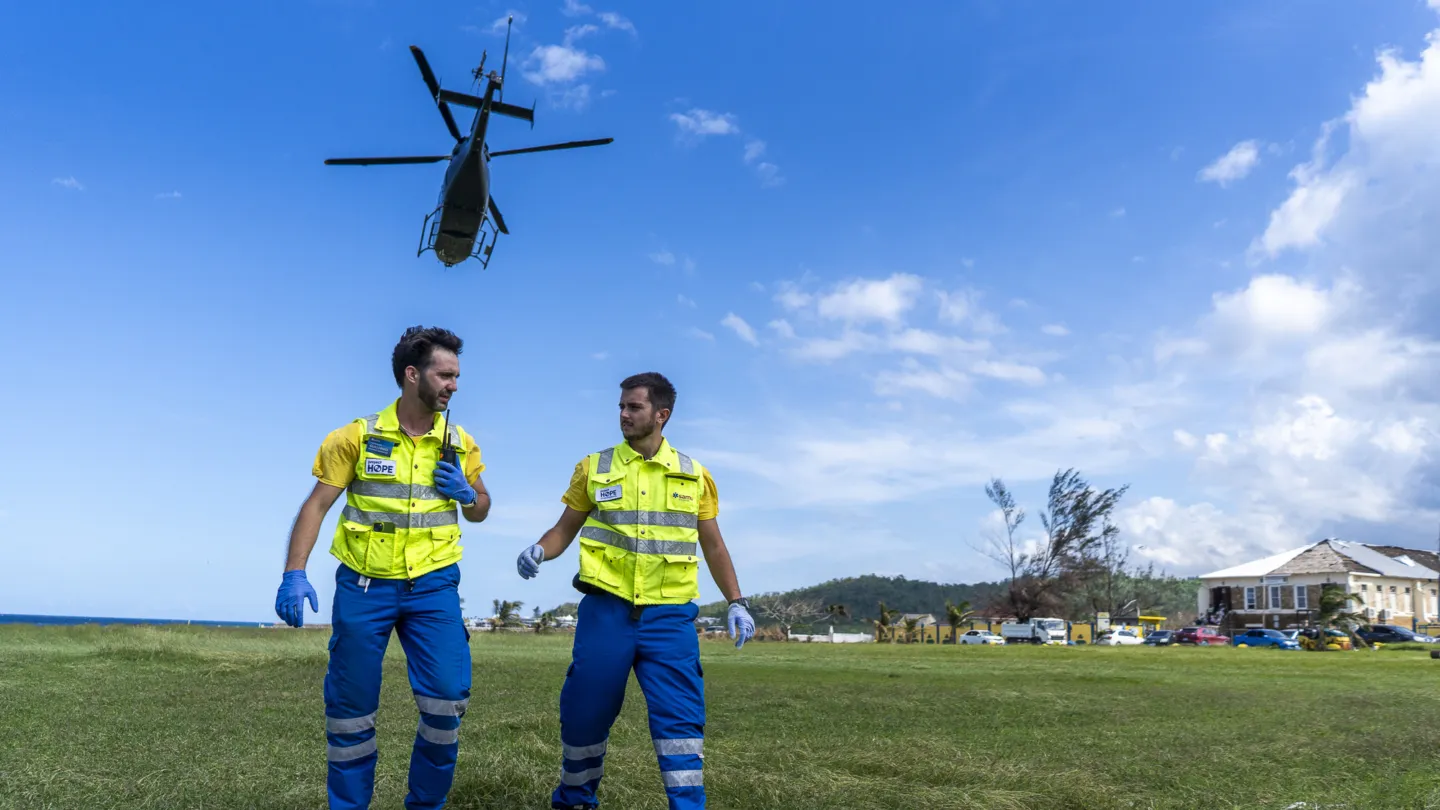Hurricane Melissa: How to Help
Project HOPE is on the ground with an emergency response team in Jamaica, Haiti, and the Dominican Republic in the devastating aftermath of Hurricane Melissa. Learn more about our response and how you can help.
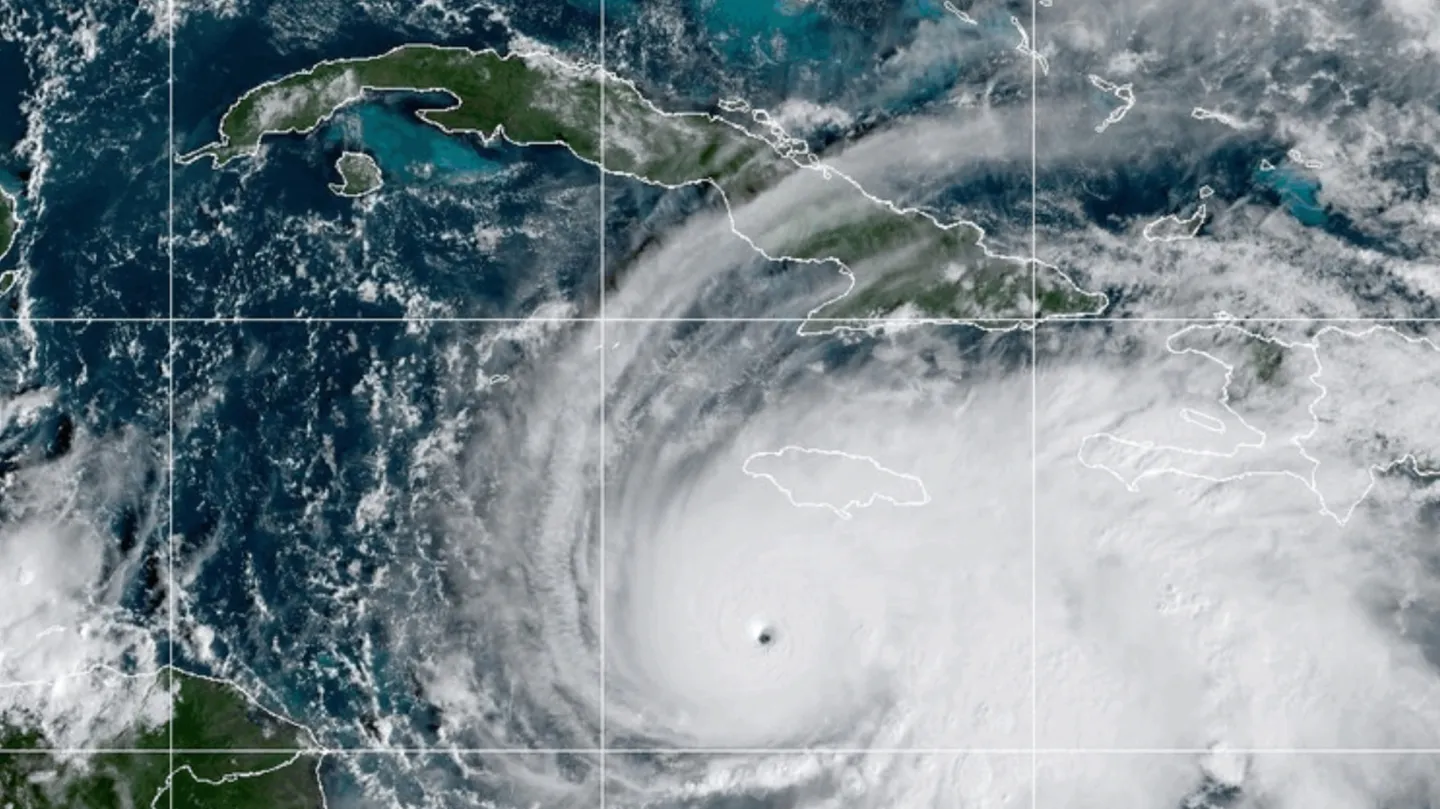
What are the greatest needs? | Donate | Our history in the region
Hurricane Melissa was the strongest recorded hurricane to ever hit Jamaica and caused widespread damage, landslides, and flooding across the Caribbean.
Project HOPE’s Emergency Response Team is on the ground providing critical health and humanitarian relief to the most affected communities. Read on to learn more about how you can help.
>> Read our latest Situation Report
How Project HOPE is responding to Hurricane Melissa?
Project HOPE is focusing its response to Hurricane Melissa on the Caribbean’s hardest-hit areas. Project HOPE built and is now operating a field hospital outside Noel Holmes General Hospital in Lucea, Jamaica. Funded in part by a grant from the U.S. Department of State, the team of 25 doctors, nurses, and pharmacists is providing primary health and emergency medicine care to reduce the burden on nearby facilities and ensure access to lifesaving care while communities continue to recover.
This Type 1 Fixed EMT has the capacity for clinical management, triage, stabilization, wound care, primary health, maternal and child health, infectious and chronic disease management, palliative care, mental health, and patient transport.
Project HOPE teams are also running three mobile medical units, with two in St James and one in St Elizabeth parish, bringing life-sustaining health care directly to the most affected communities and those in hard-to-reach areas.
Project HOPE has distributed relief items — including urgently needed hygiene items, dignity supplies, food, and water — to communities that were completely stranded and where aid access has been difficult, conducting distributions by foot, over landslide-impacted roads, and via helicopter. Project HOPE’s water trucking services have also delivered over 11,000 gallons of clean water to people in St Elizabeth, Westmoreland, and St James.
Project HOPE is also providing mental health and resiliency trainings for frontline responders, including hospital staff, community leaders, and local organizations to ensure that the people caring for the most affected communities are able to care for themselves.
In Haiti, Project HOPE’s team is coordinating with local responders, procuring hygiene and health supplies, and planning future distributions. In the Dominican Republic, Project HOPE’s team has distributed hygiene kits in and around San José de Ocoa. The team continues to assess needs to ensure that those recovering have the support they need.
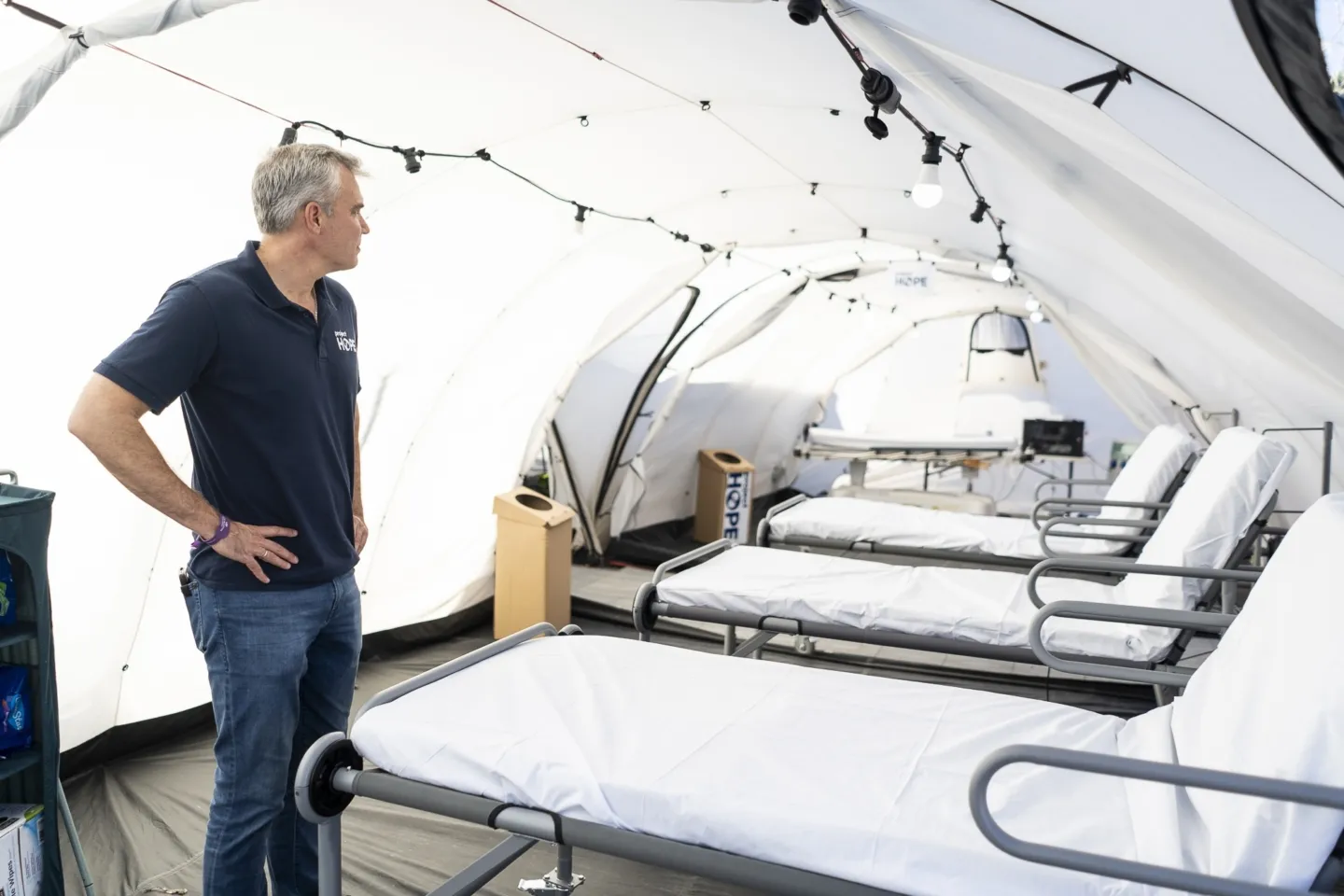
>> PRESS RELEASE: Responding to Hurricane Melissa’s Catastrophic Impact on the Caribbean
What are the greatest health needs?
Jamaica is now dealing with the ripple effects of Melissa’s devastation, including damage to critical infrastructure, displacement, mental health issues, long-term disruption to daily life, and an outbreak of leptospirosis, a deadly bacterial disease often found in contaminated waters after storms, which has killed at least six people.
Jamaica’s health infrastructure was devastated by the storm, with the Pan American Health Organization describing the situation as one of Jamaica’s most severe crises in recent memory. Dozens of primary health facilities and multiple hospitals have been damaged and deemed non-operational. Health facilities have been operating over capacity and local health workers have been working without breaks while caring for people living in desperate conditions.
“Health workers have been working for days with no rest. They are beyond exhausted and in desperate need of mental health support, but they continue to work because they know their patients need them. Now, we must have their backs.”
– Christine Lathrop, Senior Program Officer, Emergency Response
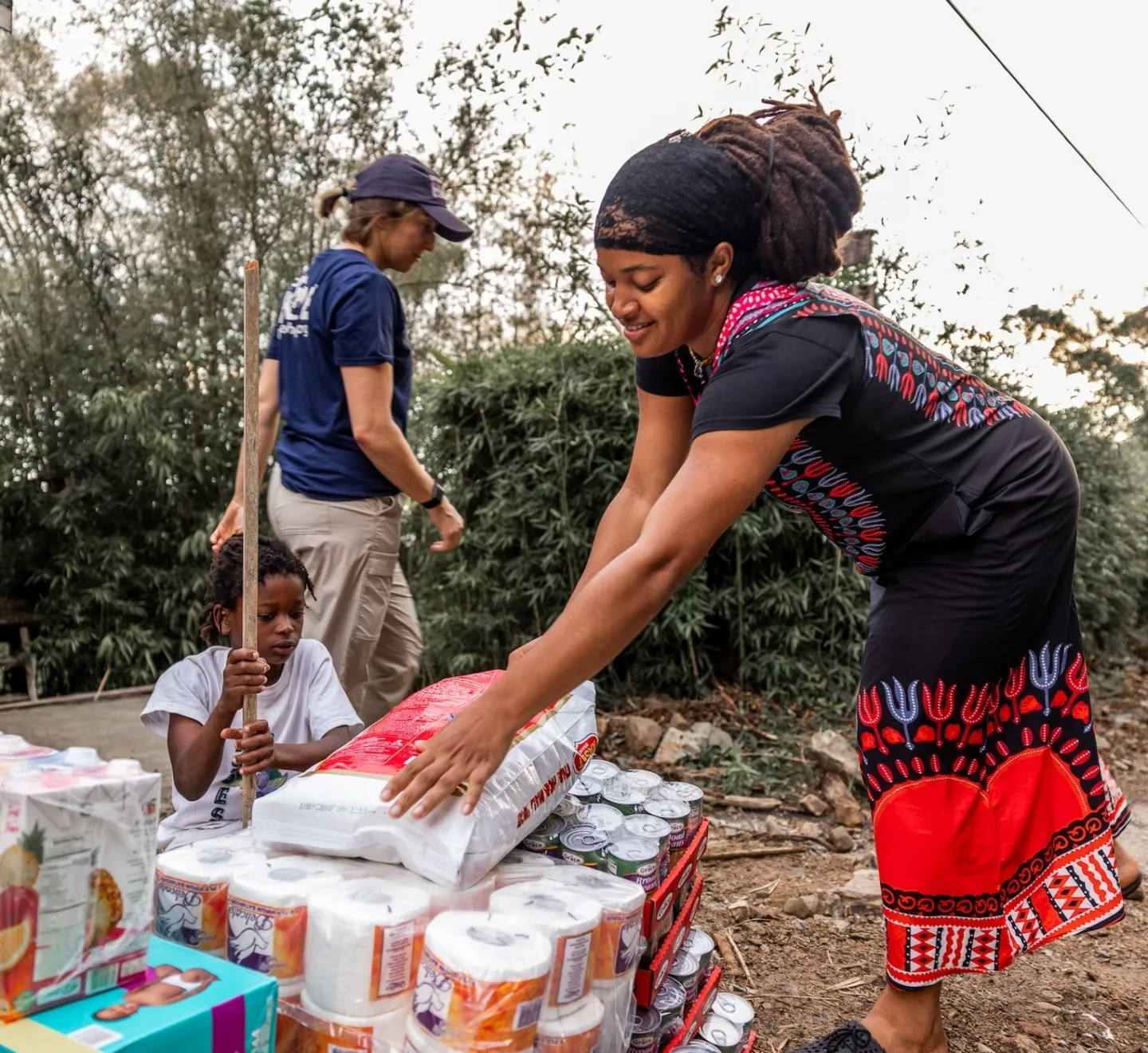
In emergencies like these, people in vulnerable positions are at a significantly increased risk of harm. Pregnant women, children, older adults, and people with disabilities and chronic health conditions are uniquely affected by power outages, displacement, the potential disruption to clean water infrastructure, loss of access to health care, and the extreme heat and rain storms that have since hit the region.
The most urgent needs in Jamaica include clean water, health care, hygiene supplies, psychological first aid, medical supplies, and essential items so that families who have lost everything can begin to rebuild their lives.
Hurricanes have ripple effects that can resonate through health systems and communities for years, with marginalized communities and people in vulnerable positions feeling the impacts the most. Major damage to infrastructure, trauma, mental health issues, and the loss of prescriptions and medications are just a few of the lasting health impacts a powerful hurricane can cause.

Where did Hurricane Melissa make landfall?
Hurricane Melissa made landfall near New Hope, Jamaica on Tuesday, October 28 as a Category 5 hurricane, bringing 185 mile-per-hour winds, dangerous amounts of rain, and storm surge up to 13 feet along the coastline. Initial impacts included flooded roads, damaged homes, and more than 240,000 people without power.
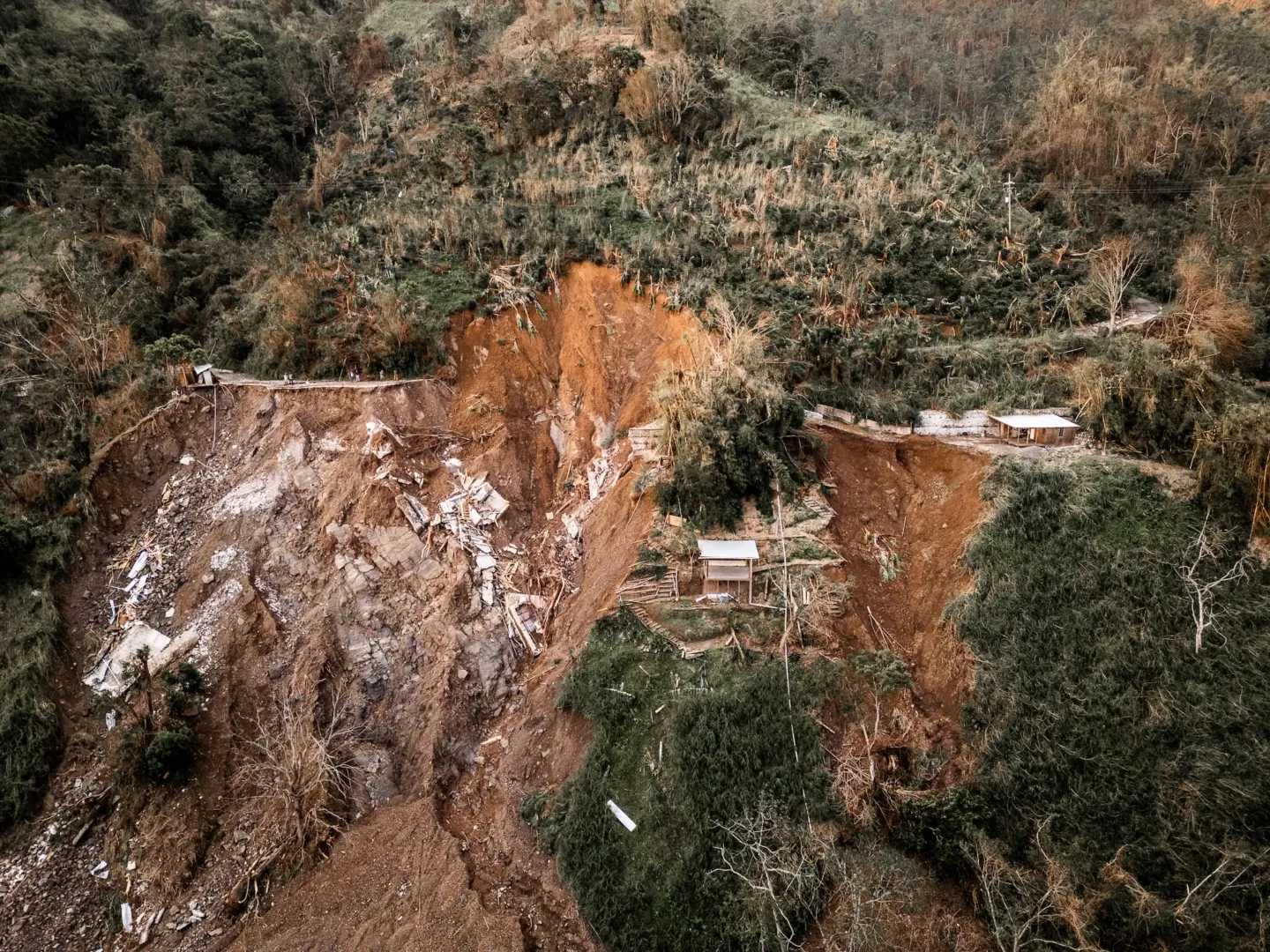
When was the last time Jamaica experienced a hurricane this powerful?
Hurricane Melissa was the strongest recorded storm this year and is tied with the 1935 Labor Day Hurricane as the strongest hurricane in 170+ years of recorded Atlantic history. In 1988, Hurricane Gilbert struck Jamaica as a Category 3 hurricane, and the country has never experienced a Category 4 or stronger storm until now.
What is Project HOPE’s history in the region?
Project HOPE provided medical humanitarian assistance and improved access to health care in Jamaica throughout the 1970s and 1980s. In 1971, the SS HOPE docked in Jamaica during a deployment throughout the Caribbean, training paramedical staff, pharmacy technicians, and radiologists while caring for patients who waited years for surgeries and complex medical care.
From 1976-1979, Project HOPE helped the Ministry of Health establish a training program that graduated 46 nurse practitioners in its first class. In 1988, Project HOPE responded to Hurricane Gilbert in Jamaica by helping to rebuild and rehabilitate the two largest care and referral health centers, the University Hospital of the West Indies and Bustamante Children’s Hospital.
Project HOPE began working in the Dominican Republic in 1996, aiming to increase access to affordable, quality care for women, newborns, and children in underserved communities. Over the past two decades, we have donated millions of dollars worth of vaccines, medicines, and pharmaceutical supplies to the Ministry of Health, which have been distributed to health facilities across the country. We have also led community outreach on HIV/AIDS and the Zika virus. During the COVID-19 pandemic, with support from partners, Project HOPE distributed personal protective equipment, provided virtual trainings, and ramped up contact tracing to support local health workers.
Project HOPE’s work in Haiti began in 1984, through a US Government project to develop clinical laboratory capacity at the University Hospital in Port-au-Prince. Afterwards, our programs have focused on emergency and disaster response, increasing access to primary health care, addressing maternal health needs, building the capacity of frontline health workers through training, and the provision of medical commodities to ensure free access to care. In 2016, Project HOPE responded to Hurricane Matthew by deploying medical volunteers and shipping critical supplies to strengthen the country’s cold chain.
Project HOPE has a long history of responding to hurricanes and has recently provided primary health care support, essential health and hygiene supplies, hurricane preparedness trainings, and mental health services to frontline workers following hurricanes Dorian, Ian, Idalia, Helene, and Milton.

